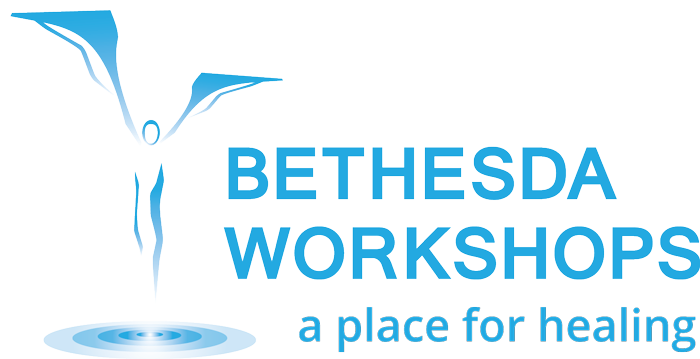Bethesda Workshops strongly supports the Twelve Step program of recovery, and we believe it is vital to an individual’s success. These programs are rooted in Biblical principles and dovetail cleanly with Christian faith practices.
Alcoholics Anonymous, the original 12 Step program, grew out of the Oxford Group, a Protestant movement that started in England in the early 1900s. The group met in houses and encouraged members through testimonies, Bible study and informal talks.
Bill Wilson, the founder of Alcoholics Anonymous, traced his journey of sobriety back to the Oxford Group. They emphasized deflation of pride, dependence on God, moral inventory, confession, restitution, and working with other suffering people – all clearly Biblical principles.
Eventually, Wilson broke away from the Oxford Group because of its rather aggressive evangelism. Still, the group’s principles and Scriptures remained the foundation for AA and the Twelve Steps. Today, a number of Bibles incorporate recovery principles and match Steps to specific Scripture passages. We especially like Serenity: A Companion for Twelve Step Recovery, which includes the New Testament, plus Psalms and Proverbs, along with extensive material about the Twelve Steps.
Sometimes religious people are concerned about the use of “Higher Power” terminology in the Twelve Step programs and fear they are contrary to faith. Nothing is farther from the truth. Inclusive language was adopted to create a welcoming environment for people of all faiths (or no faith). Bill Wilson, Dr. Bob Smith and other early AA leaders also realized that it was easy for recovering people to get fragmented by issues of doctrine, and thus to miss the bigger picture of surrender, grace, responsibility, and redemption. Sadly, many in the church today make the same mistake when they mistrust the Twelve Step program of recovery.
Bethesda Workshops encourages people to take advantage of a Christian-based recovery program (like Celebrate Recovery or a L.I.F.E. Group) if one is available. Many of these programs are loosely based on the 12 Steps, which often have been adapted to the group’s specific use. Often, though, a faith-based group isn’t available, or more unfortunate, the group is rigid, dogmatic and shaming, which is exactly why many people turn to addictions in the first place.
We insist that recovering people need a 12 Step program as part of a healthy aftercare plan. If a fellowship for sex addicts or partners of addicts isn’t available, we suggest attending AA or Al-Anon, which are widespread. The principles of recovery are the same, and these fellowships are blessed with many who have long-term sobriety and can provide guidance for those early in the process.
